Nobel 2025: The Concept of “Useful Knowledge” for Driving Innovation
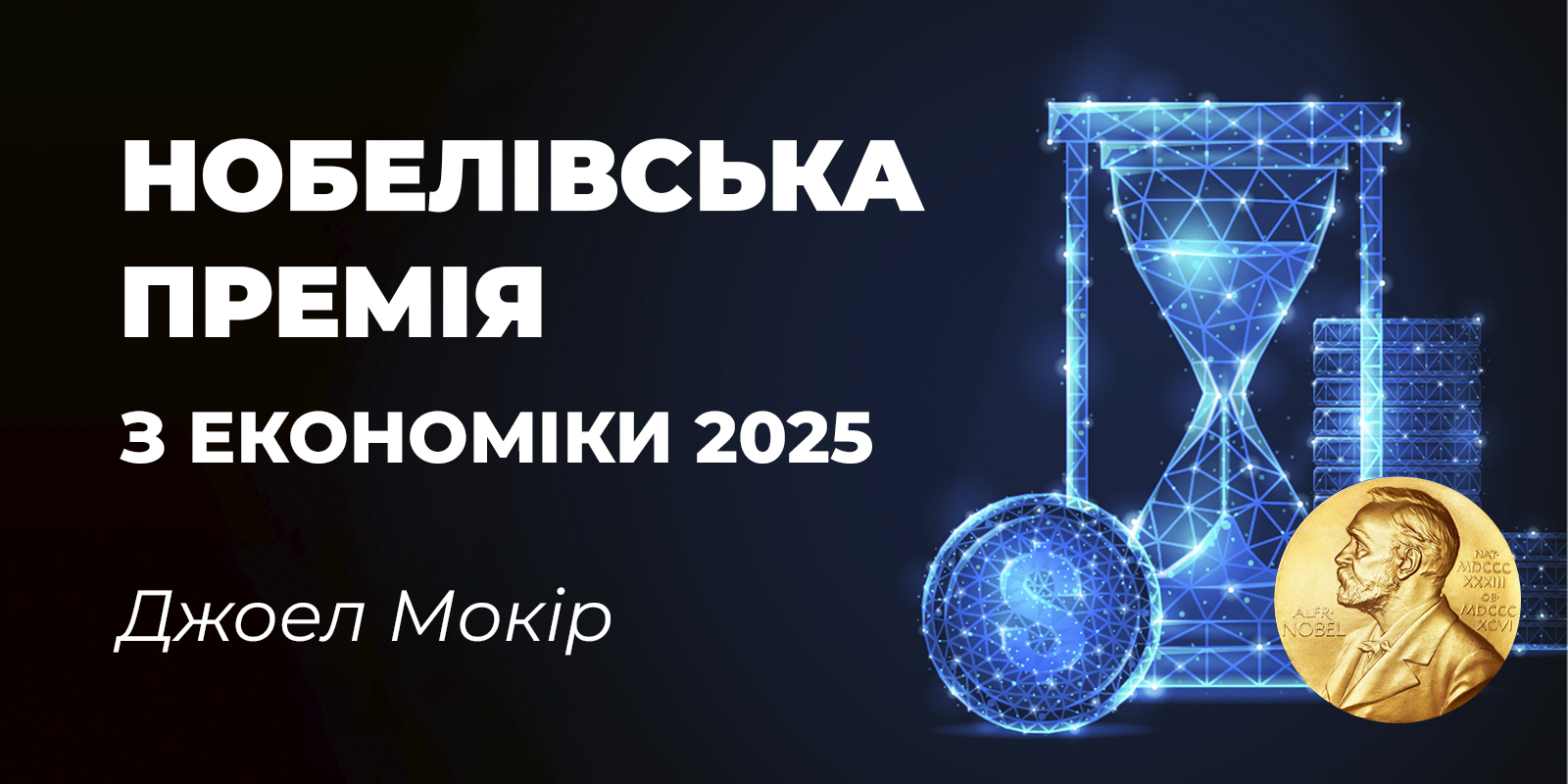
This year’s Nobel Prize in Economics sparked a global discussion about the role of knowledge, innovation, and culture in shaping long-term development. Two awards in economics were granted this year: one to Joel Mokyr, and another jointly to Philippe Aghion and Peter Howitt. Their research not only reshaped theoretical understanding of economic growth but also serves as a guide for countries pursuing technological modernization.
We spoke with Vitaliy Dyachek, PhD in Economics and Associate Professor at the Department of Management and Administration, about Joel Mokyr’s discoveries: why these ideas are so relevant today and how they can be applied in the context of Ukraine.
Good day, Vitaliy! How would you assess the contributions of Joel Mokyr, Philippe Aghion, and Peter Howitt to modern economic science?
Joel Mokyr, Philippe Aghion, and Peter Howitt made revolutionary contributions to understanding the mechanisms of long-term economic growth. Mokyr redefined the role of knowledge and culture in economic development, showing that the Industrial Revolution was made possible by combining practical knowledge with scientific methodology. Aghion and Howitt developed the theory of endogenous growth through Schumpeter’s concept of “creative destruction,” mathematically formalizing innovation processes. Their work fundamentally changed how we understand the impact of technological progress on the economy — from an exogenous factor to an endogenous driver.
The features highlighted by these authors are crucial for understanding the modern knowledge economy, where investments in R&D and human capital are key factors of competitiveness. We can see evidence of these theories in leading contemporary enterprises.
What is unique about Mokyr’s approach as an economic historian combining history, science, and economics?
Mokyr created a unique interdisciplinary approach, combining economic history with the study of knowledge culture. His concept of “useful knowledge” illustrates how the interaction between propositional knowledge (what works) and prescriptive knowledge (why it works) generates a self-sustaining innovation process. Unlike traditional economists focused on formal institutions, Mokyr studied the cultural and intellectual prerequisites for technological progress. He demonstrated that the European Enlightenment created a particular scientific culture — open, critical, and oriented toward practical application. This approach helps explain why some societies successfully generate innovations while others do not — a perspective critical for contemporary development policy.
Mokyr emphasizes that economic growth became possible only when society learned to combine science with practice. How relevant is this statement for today’s Ukraine?
Mokyr’s assertion is extremely relevant for Ukraine, especially in wartime conditions and the need for technological modernization. Ukraine has a strong scientific base and an educated population but often lacks effective links between fundamental science and practical application. Military challenges have stimulated and continue to drive innovative development, particularly in defense technologies (drones, cybersecurity), demonstrating how critical needs accelerate technological progress. For sustainable development, however, Ukraine needs a comprehensive state policy prioritizing applied research, support for such research, stimulation of venture investment, and technology transfer. It is particularly important to develop applied science in agrotechnologies, IT, energy, and the green economy, where Ukraine can gain global competitive advantages.
In your opinion, which modern technologies — AI, digitalization, bioeconomy — can spark a new “Industrial Enlightenment”?
Artificial intelligence, digitalization, and the bioeconomy can indeed act as catalysts for a new “Industrial Enlightenment.” AI revolutionizes scientific discovery by accelerating data analysis, modeling, and hypothesis testing. Digitalization creates a global knowledge-sharing network, similar to the Republic of Letters of the 18th century but on a planetary scale. The bioeconomy combines biological knowledge with industrial processes, creating new opportunities for sustainable development. Unlike the 18th-century Enlightenment, modern technological development requires new forms of regulation and ethical principles. A key challenge is ensuring that technological progress serves the common good rather than concentrating power in the hands of a few corporations or states.
Is there a danger that technological progress without moral guidance could lead to new forms of inequality?
Technological progress without ethical oversight poses serious risks, primarily exacerbating inequality. AI and automation can cause mass unemployment among mid-skilled workers, while high-tech jobs concentrate among highly skilled specialists. Digital inequality between developed and underdeveloped regions can create new forms of technological colonialism and inequality among countries or regions. The use of technology to strengthen authoritarian control — from social credit systems to surveillance algorithms — is particularly dangerous. Therefore, developing technological ethics, regulatory mechanisms, and social protection systems is critical. A new “Enlightenment” philosophy is needed, combining technological capabilities with humanistic values and principles of justice.
Mokyr emphasizes that innovation requires an open, fear-free environment. How do you see the role of academic freedom in this context?
Academic freedom is a fundamental prerequisite for innovative development, as demonstrated by the European Enlightenment. A free environment allows researchers to challenge established paradigms, experiment with new ideas, and publish results without pressure. This is especially critical for interdisciplinary research, which often produces the most revolutionary discoveries. In global competition, countries with limited academic freedom fall behind in the innovation race. However, academic freedom must be balanced with social responsibility: researchers need to consider the ethical consequences of their work. For Ukraine, developing academic freedom means not only protection from interference but also creating a competitive environment, international collaboration, and transparent funding mechanisms for science.



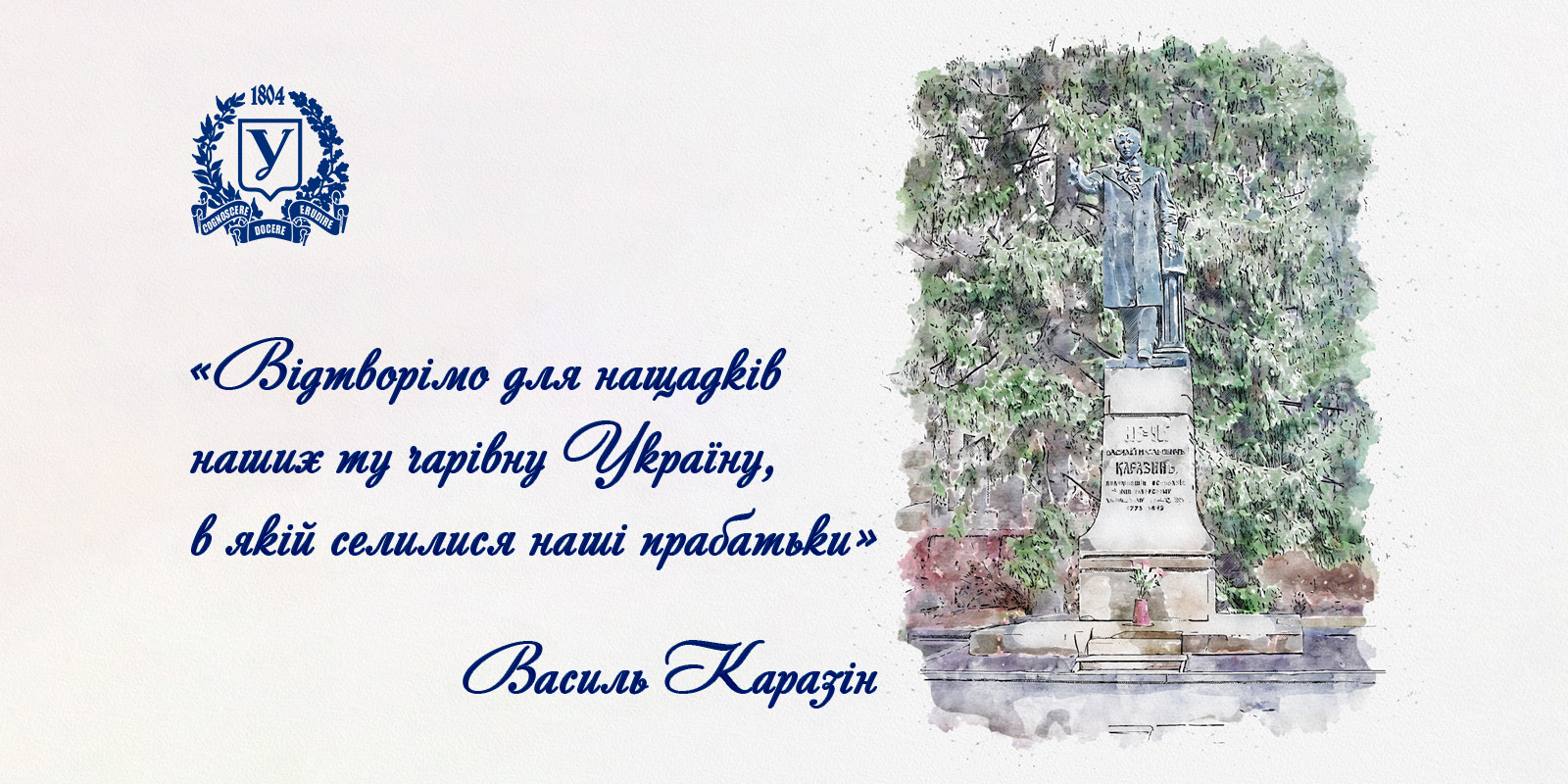
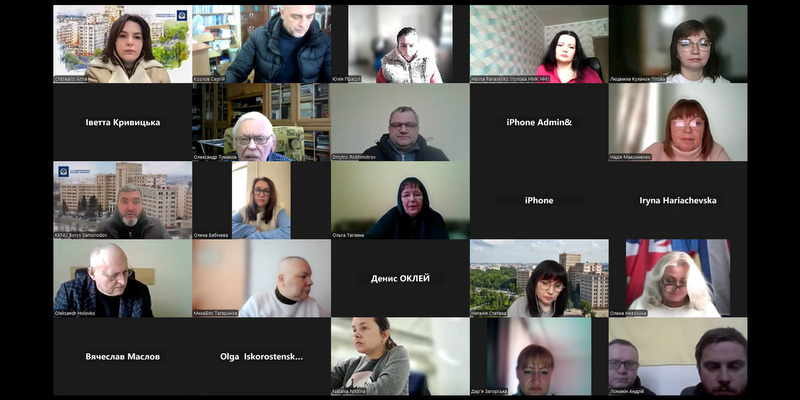
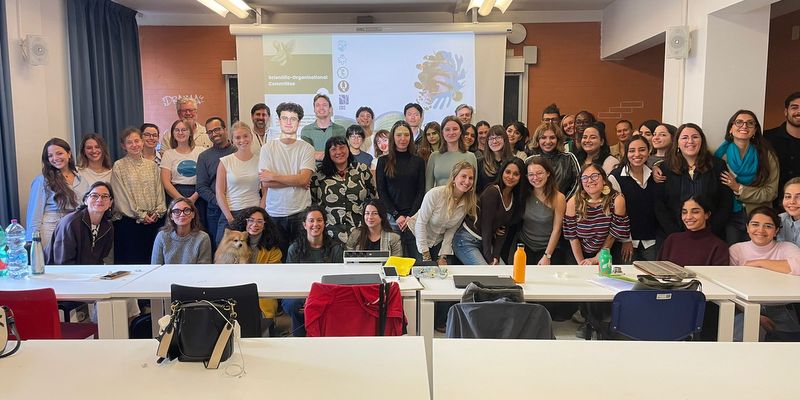
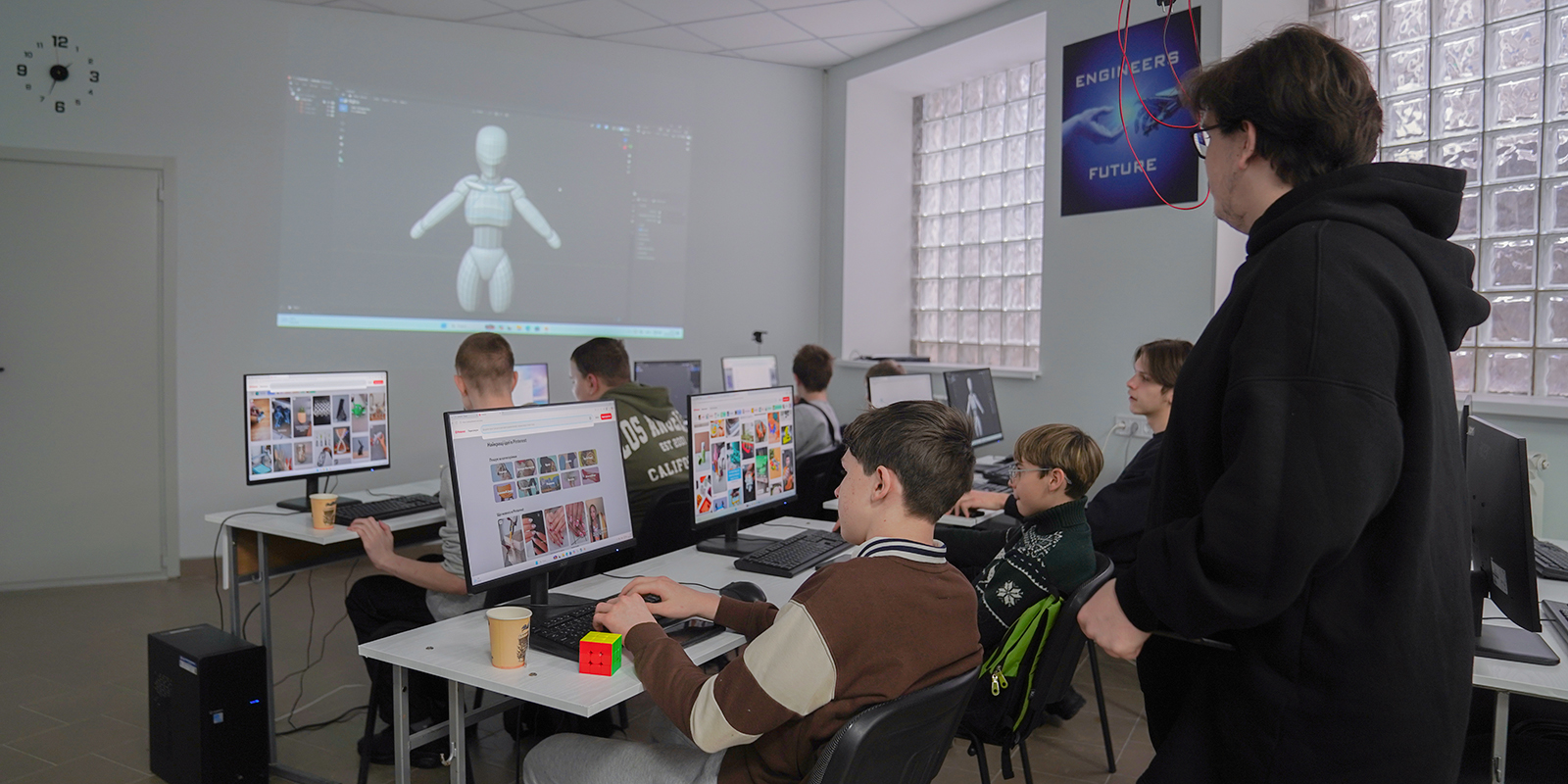
.jpg)
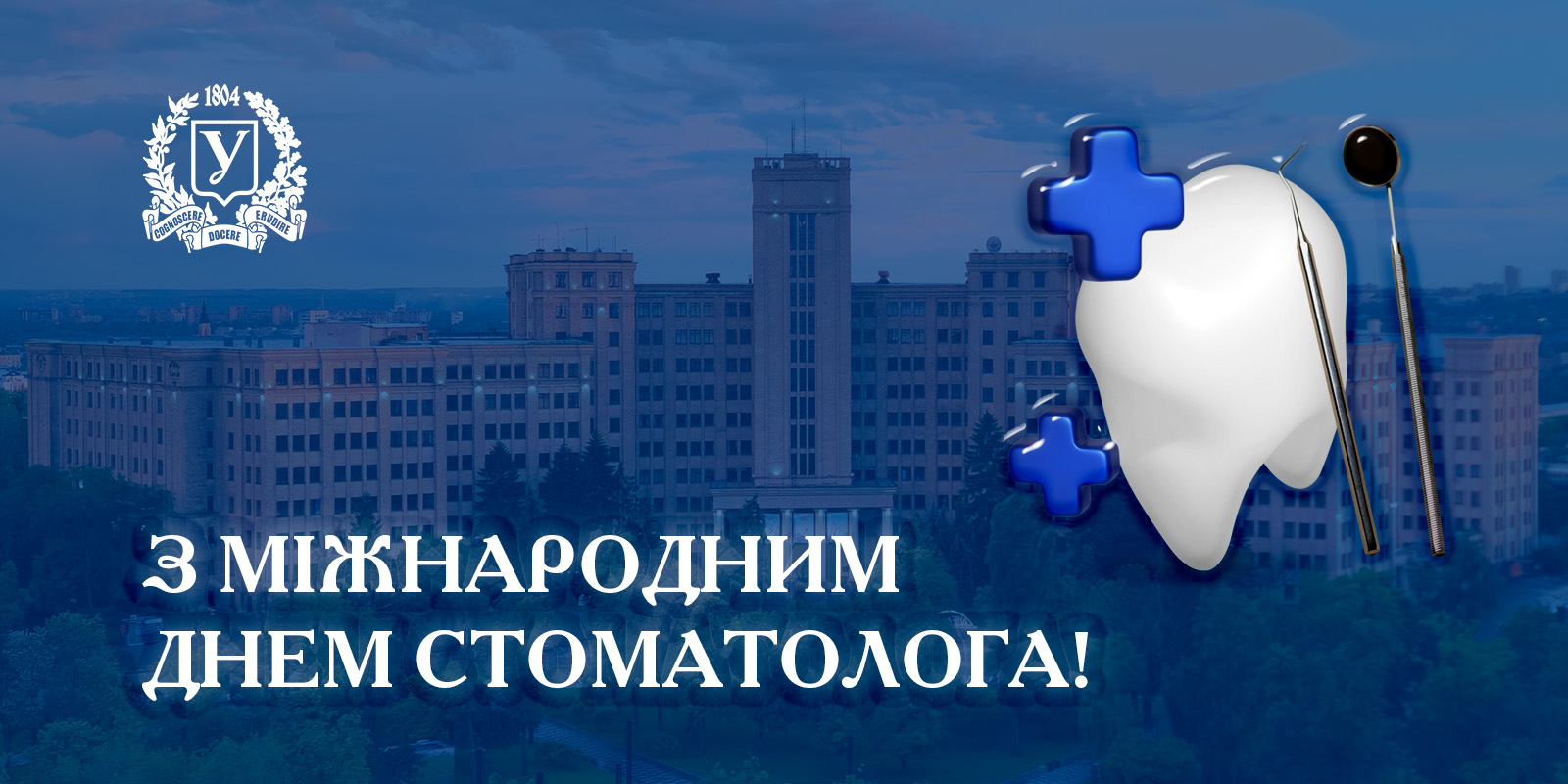
%20(1).jpg)
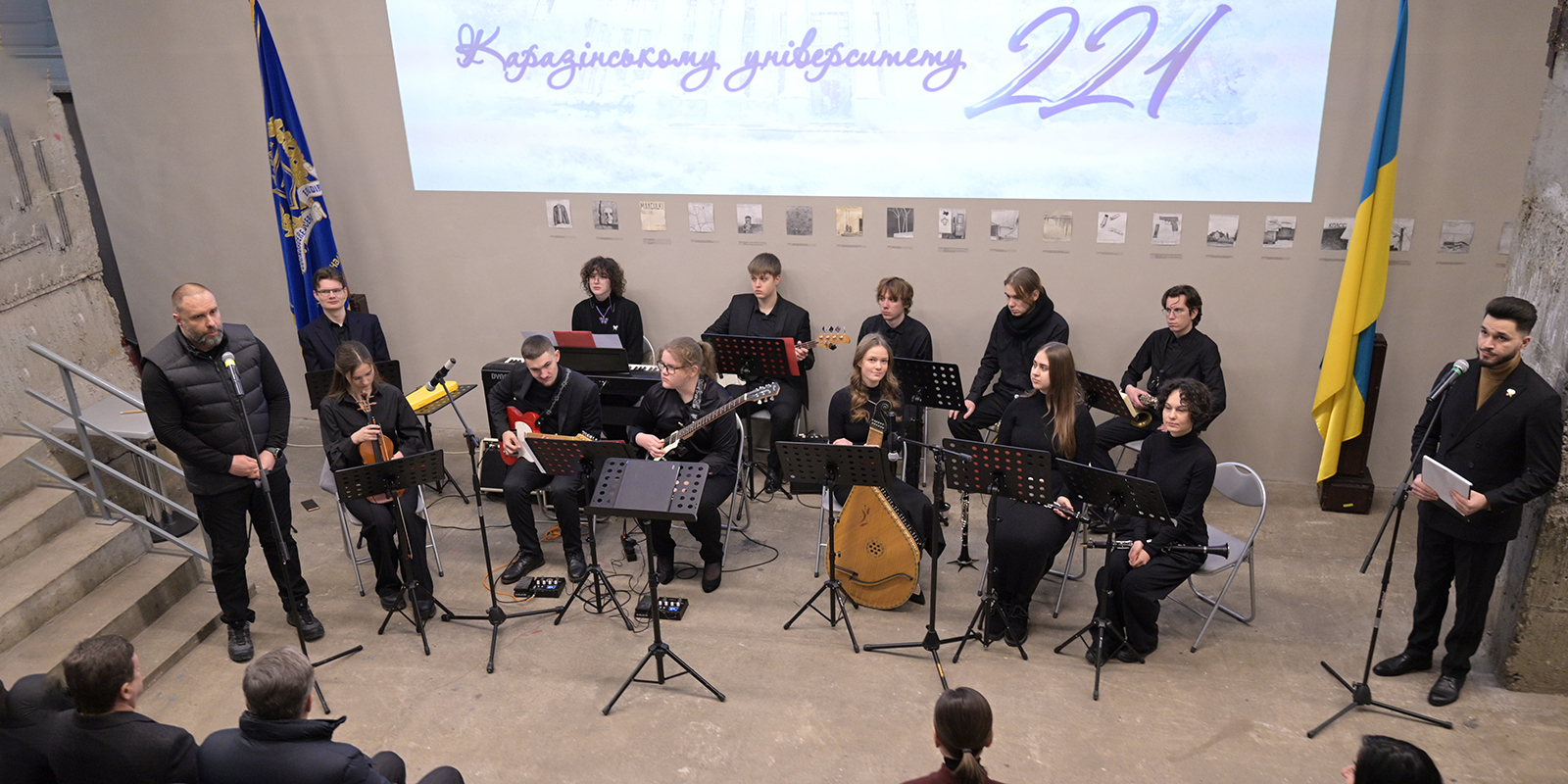
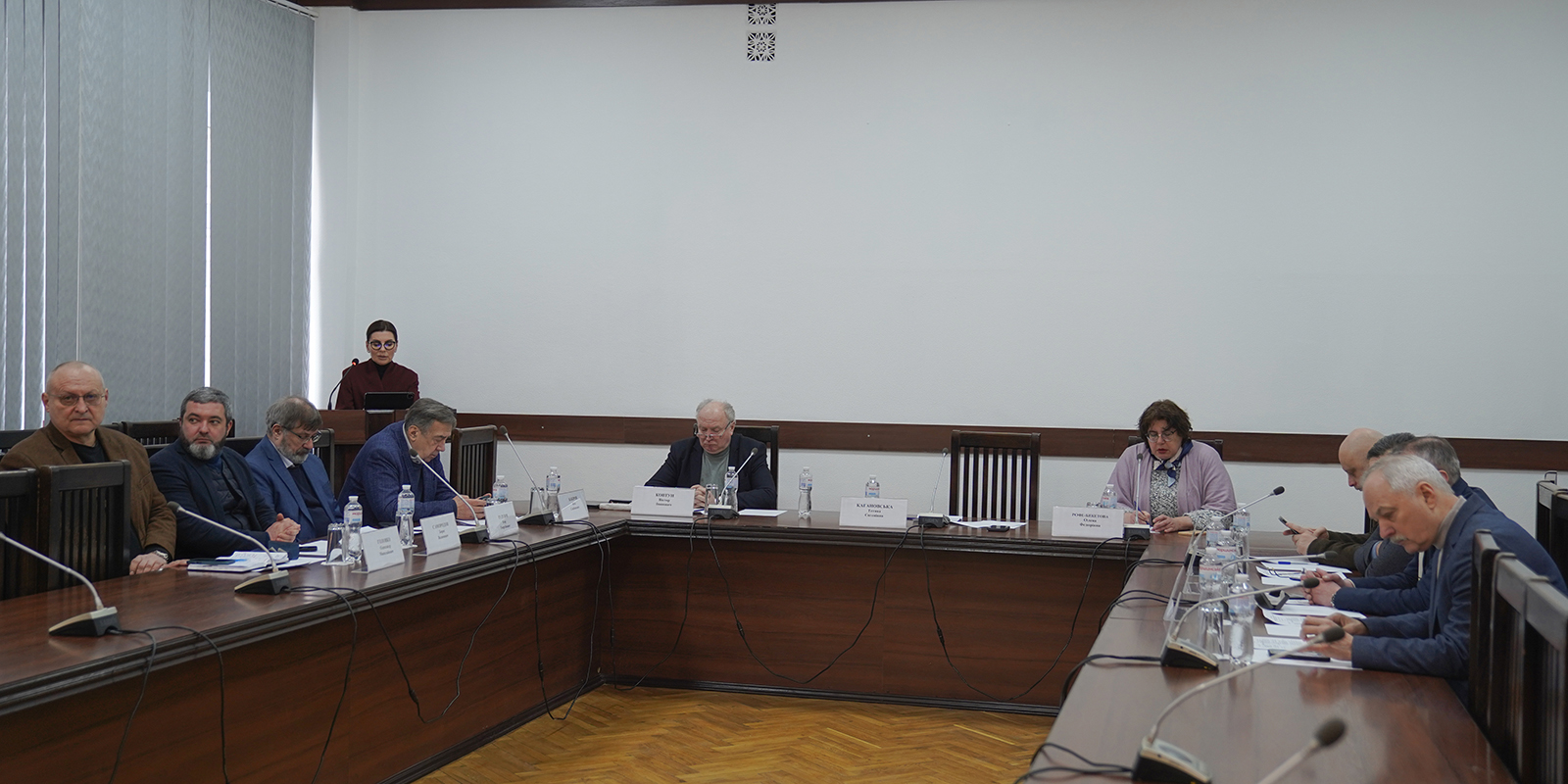
%20(1).png)